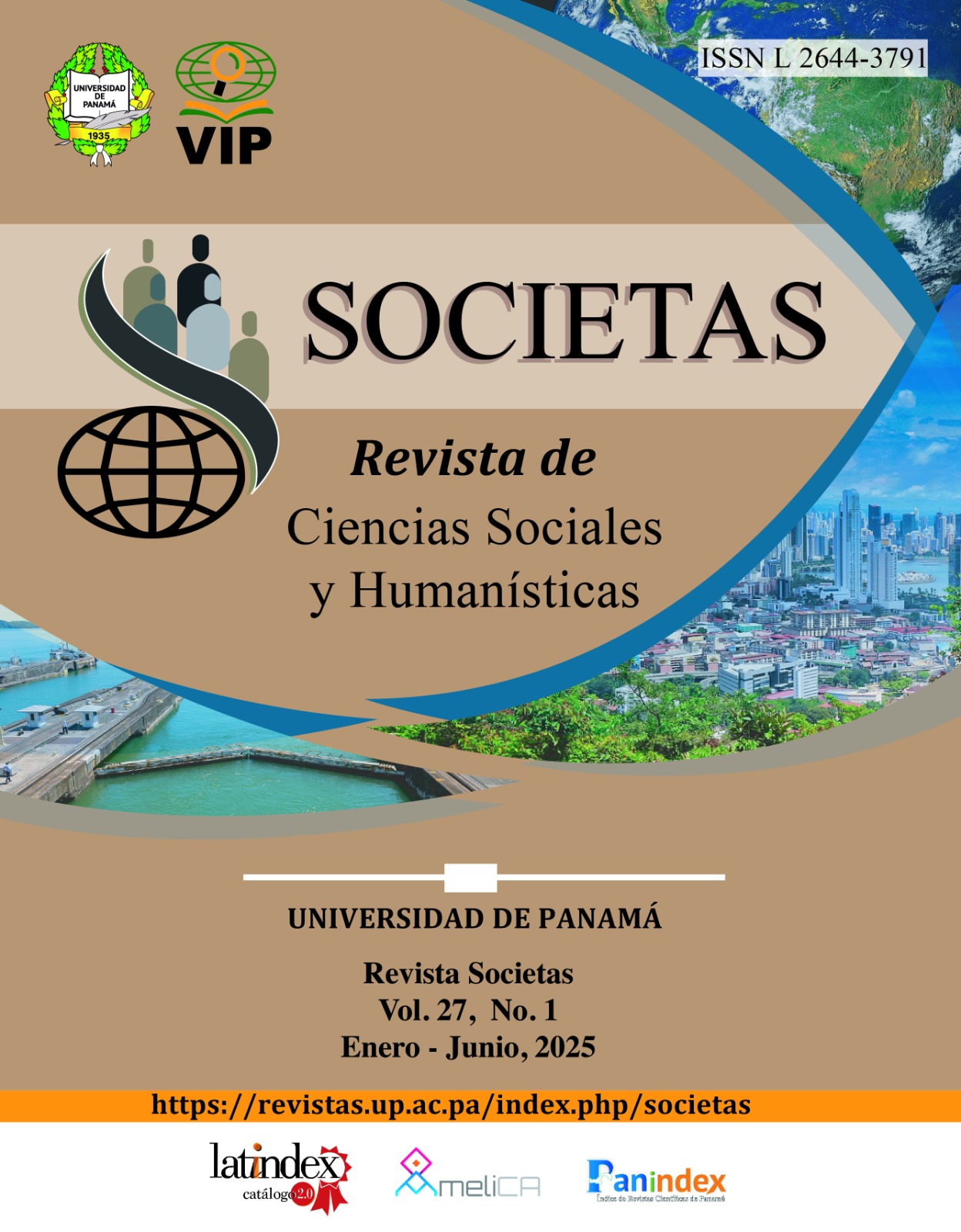

Copyright (c) 2025 Societas

This work is licensed under a Creative Commons Attribution-NonCommercial-ShareAlike 4.0 International License.
Identity—considered as the link between the two dimensions of the individual and society—must be studied within a historical-social framework of reference. For this reason, the units of analysis such as discourse and identity are framed in generational changes, which are shaped by events or circumstances related to the age range of the moment, which implies the production of new currents in public opinion. Generations follow observable historical patterns and therefore offer a very powerful tool for predicting future trends. Following this position, this research seeks to answer a series of questions, such as what have been the most relevant historical social events that have influenced the identity dynamics in the various generations in Panama, what are the historical-cultural stages or circumstances that influenced each generation, and what type of imaginary identified each generation. For this, as a range of the period of study of the research, we start from the specific events that have marked the history of Panama from its formation as the Federal State of Panama, in 1855, to the present. This will have the purpose of identifying the hegemonic discourses that They framed the vindication of sovereign rights over the transit zone, which was not recovered for Panamanians until 1999.